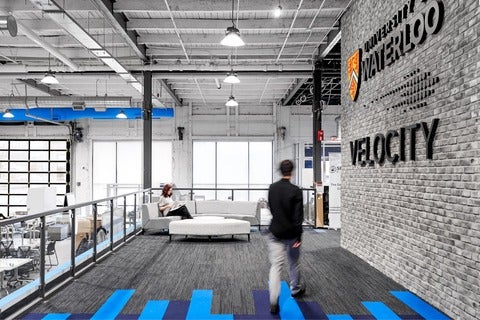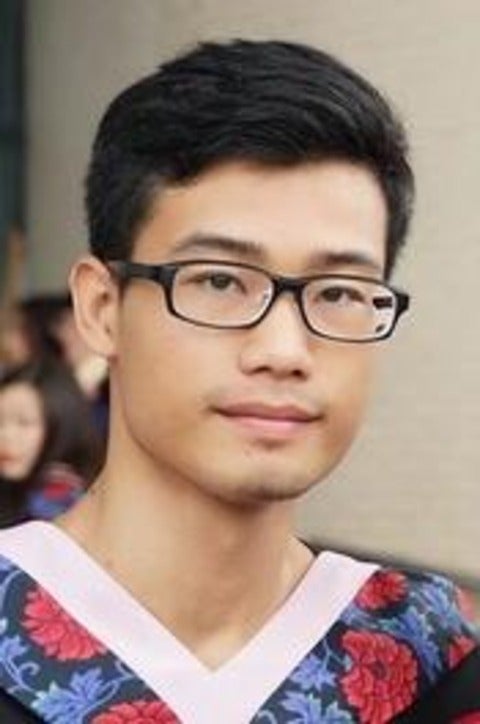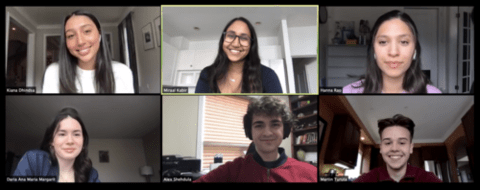Ruodu Wang first recipient of the SOA Actuarial Science Early Career Award
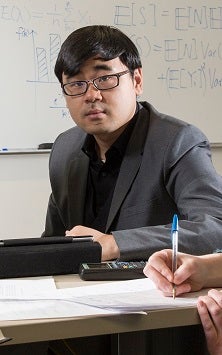
Congratulations to Ruodu Wang from the Department of Statistics and Actuarial Science for being the first recipient of the Society of Actuaries (SOA) Actuarial Science Early Career Award.
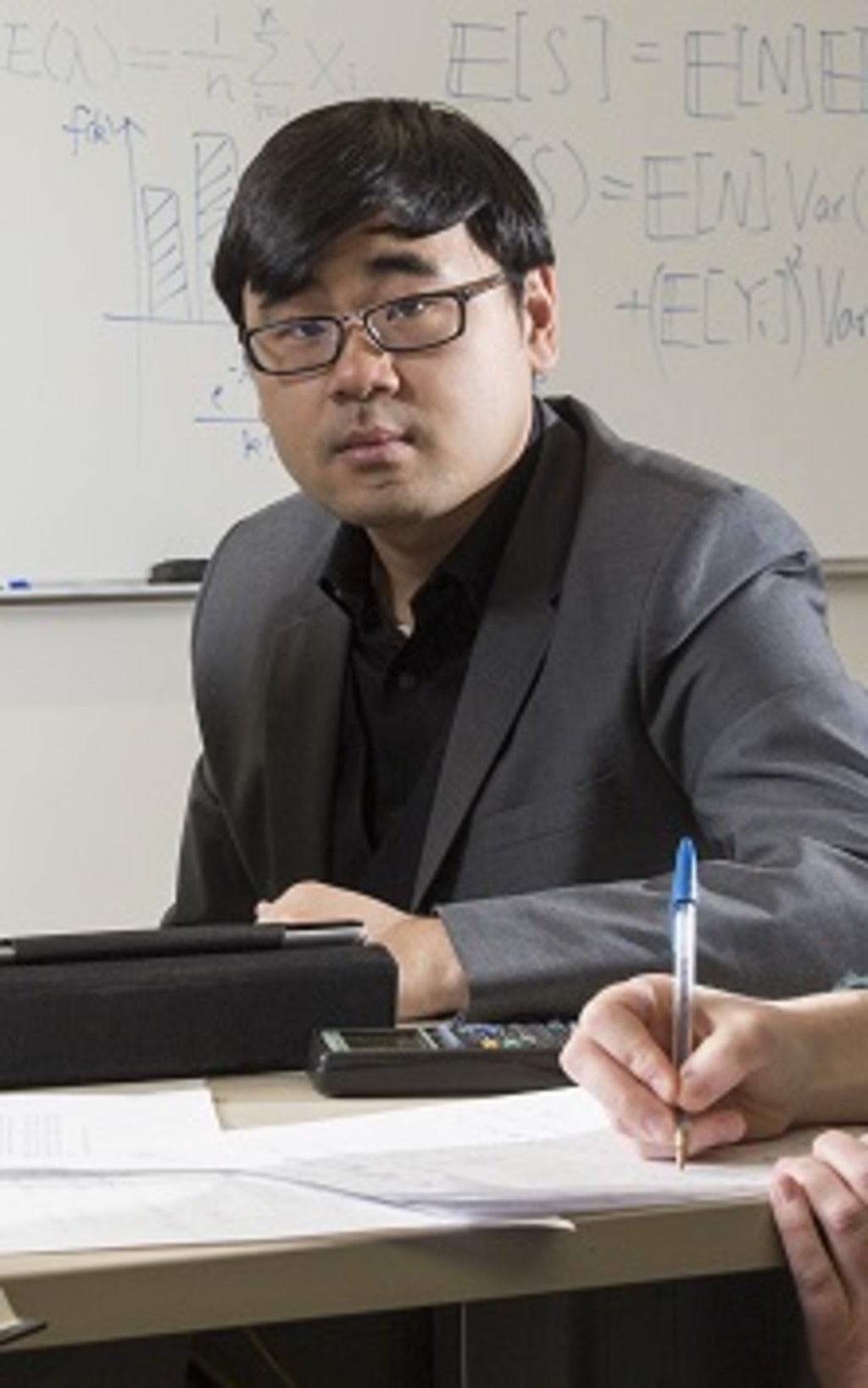



 Contemporary mathematics resulted from advances and exchanges of knowledge between cultures from every corner of the globe. Math is, historically speaking, a genuinely multicultural project.
Contemporary mathematics resulted from advances and exchanges of knowledge between cultures from every corner of the globe. Math is, historically speaking, a genuinely multicultural project.